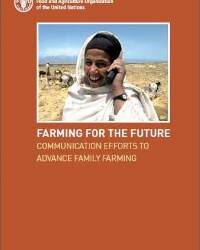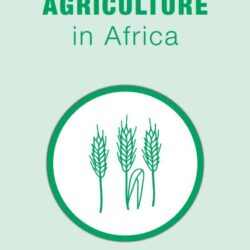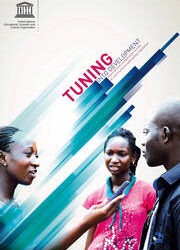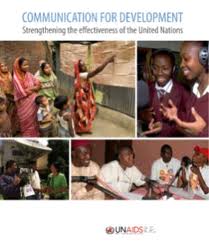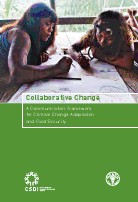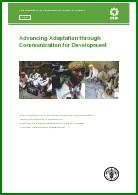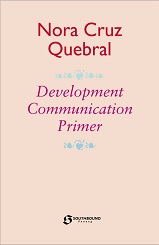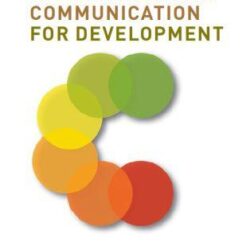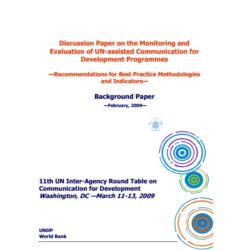Use of mobile phones by the rural poor: gender perspectives from selected Asian countries
[2016] Mobile phones have contributed in various ways to rural development, from reducing information asymmetry, improving functional networks, to increasing access to services and finance. Yet a digital gender divide exists. The study examines gender perspectives on the use of mobile phones by the rural poor by identifying their information needs using gender disaggregated statistics gathered from developing economies in South and South East Asia. It suggests that there needs to


